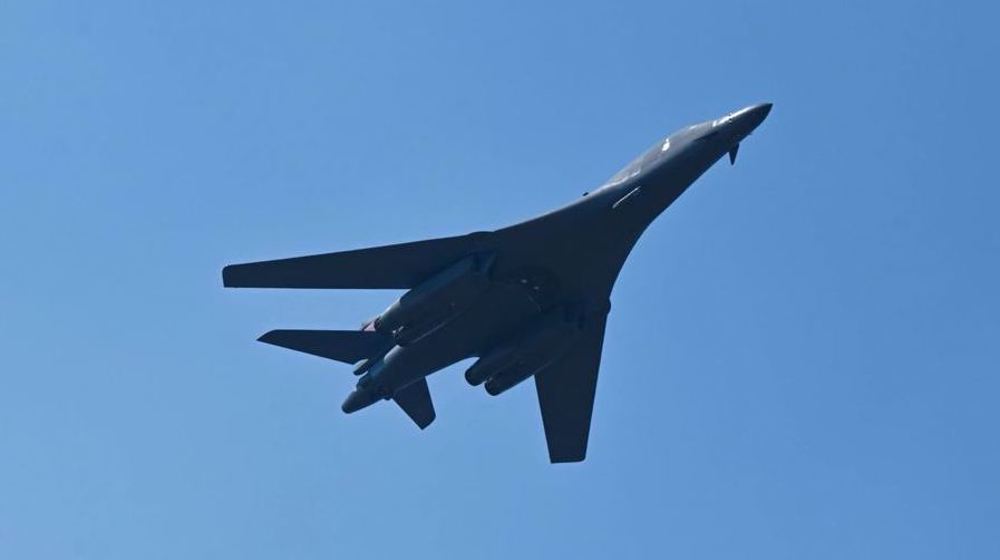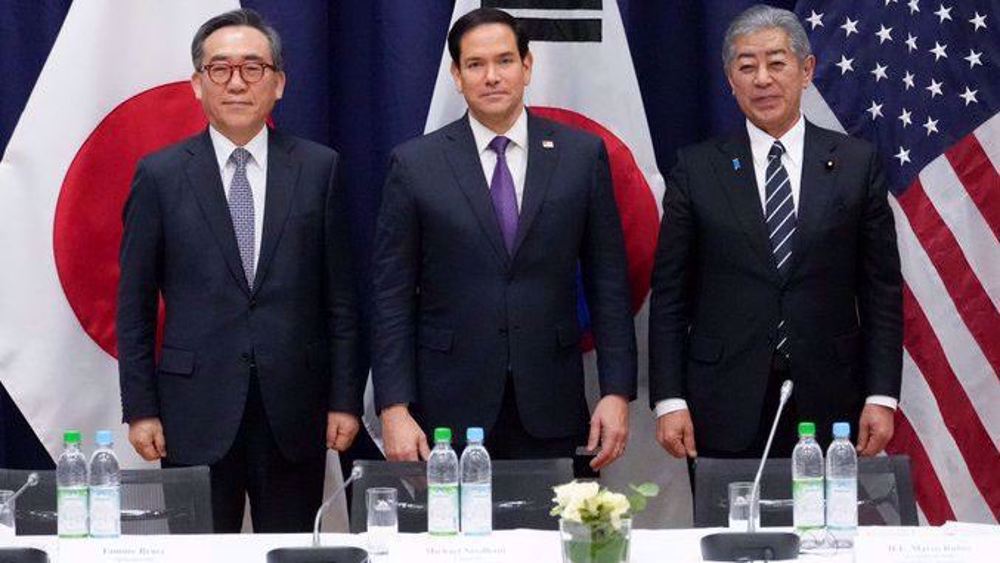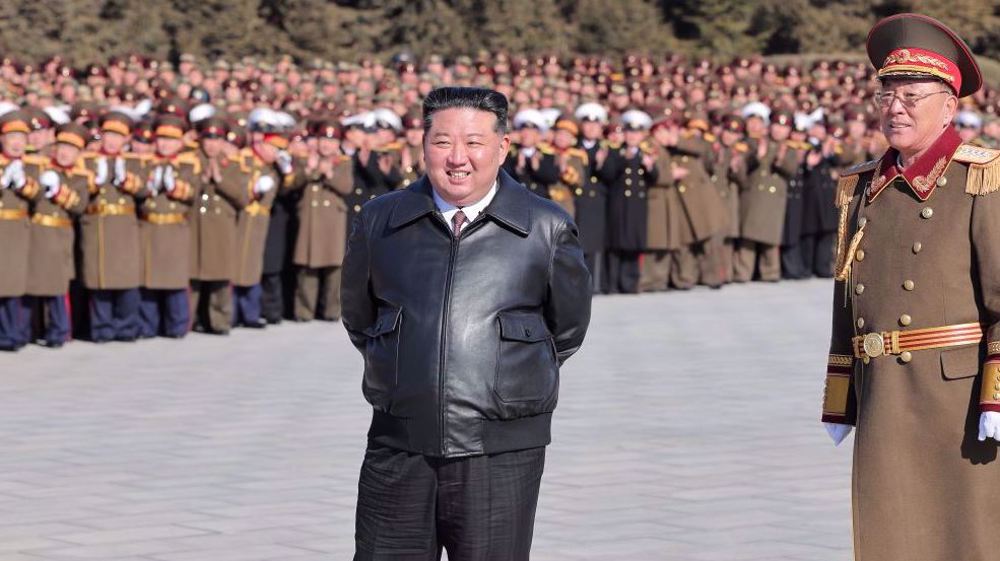South Korean president advocates THAAD deployment amid protests
South Korean President Park Geun-hye has supported the deployment of the US advanced missile system Terminal High Altitude Area Defense (THAAD) amid opposition from both inside and outside the country.
Speaking at a National Security Council (NSC) meeting on Thursday, Park said the THAAD deployment is aimed at boosting the missile capabilities of Washington and Seoul against what she called “threats” from North Korea.
"The decision has been made based on a sense of urgency to ramp up missile defense capabilities of the South Korea-US alliance in a swift manner,” she said.
“This is because we've judged that nothing is more important than protecting the lives and the safety of our people under the situation that the North's nuclear and missile threats have become a reality."
On July 8, the United States and South Korea said they had made a final decision to deploy the THAAD missile system in the South, claiming it will only be used in defense against what they called North Korean threats.

The decision has sparked opposition both in South Korea as well as outside the country.
China, which shares a border with North Korea, has been voicing its opposition to the deployment of the system for months, warning it would destabilize regional security.
Chinese Foreign Ministry spokesman Lu Kang said at a press conference on Wednesday that the deployment of the THAAD missile system in South Korea jeopardizes regional stability.
Russia has also opposed the plan, arguing the missile system tends to undermine stability in the region and “most negatively affect global strategic stability.”
The announcement of the system deployment has also angered North Korea which has threatened to take "physical action" in response to the deployment of the missile system on the Korean peninsula.
Meanwhile, the deployment has sparked strong protests from local residents, including those of Seongju, where the system is scheduled to be deployed.

According to the South Korean Defense Ministry, the US missile system will be deployed in the southeastern county of Seongju, located 296 kilometers southeast of the capital of Seoul, to maximize its effectiveness while minimizing any impact on residents and the environment. The ministry has also said it aims to have the system operational by the end of 2017.
Washington and Seoul began intense consultations on THAAD after North Korea conducted its fourth nuclear test in January, which was followed by a satellite launch and a string of test-launches of various missiles.
THAAD has been designed to intercept ballistic missiles inside or just outside the atmosphere during their final phase of flight.
Israeli jets flyby over Nasrallah funeral ‘act of terror’: Iran FM
IRGC: Nasrallah funeral ‘global resonance of resistance’; Hezbollah resolute to dismantle Israel
VIDEO | Pakistanis attend mass funeral for martyred Hezbollah leaders
Hamas condemns escalation as Israel deploys tanks into West Bank for first time in decades
Iran Army’s hovercrafts fitted with advanced long-range missiles: Navy chief
VIDEO | Pro-Palestine protesters in Madrid call for end to Israeli crimes
VIDEO | Tehran commemorates martyred Hezbollah leader
VIDEO | Press TV's news headlines














 This makes it easy to access the Press TV website
This makes it easy to access the Press TV website